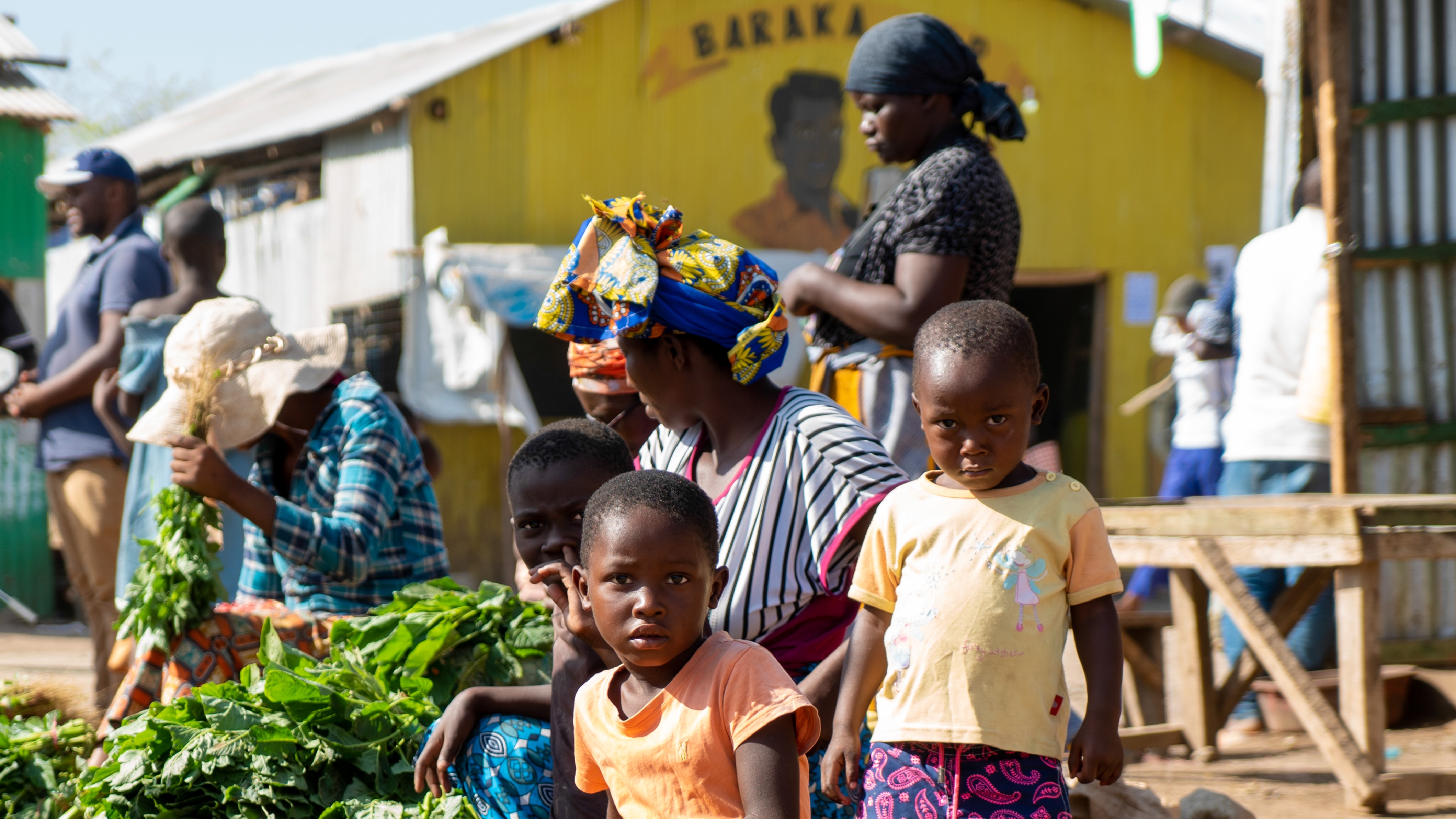- Who We Are
- How We Work
- Regional / Country Initiatives
- Legacy
- Core Themes
- Working Groups
- Portfolio & Results
- Newsroom
- Resources
Promoting Financial and Economic Inclusion in Greater Jinja, Uganda


Jinja, Uganda has long attracted migrants seeking economic opportunities, and migrants born outside Jinja or Uganda make up over half of the city’s population.
The majority are women and youth living in poverty, either unemployed or underemployed in low-paying informal activities. Most migrants remain undocumented and live together in slums with the city’s existing poor population.
The Enhancing Resilience and Integration of Urban Migrants in Jinja City project aims to promote economic and financial inclusion and equitable access to public services for rural-urban migrants and urban poor households in Greater Jinja.
It is based on the concept that strengthening local systems and creating favourable conditions for people who are socially and economically vulnerable will lead to sustainable change. Its core strength is local ownership, sustainability, and innovation through digital services.
The project is an innovative partnership between the Ugandan slum dwellers support organisation ACTogether; the Jinja City Council; Ensibuuko, a company specialising in digital financial inclusion; Ecoplastile, a social enterprise specialising in pro-poor digital waste-management services; and the women’s rights organisation WORI.
It is part of the Resilient Systems of Secondary Cities and Migration Dynamics Programme financed by the Swiss Agency for International Development and Cooperation (SDC).


